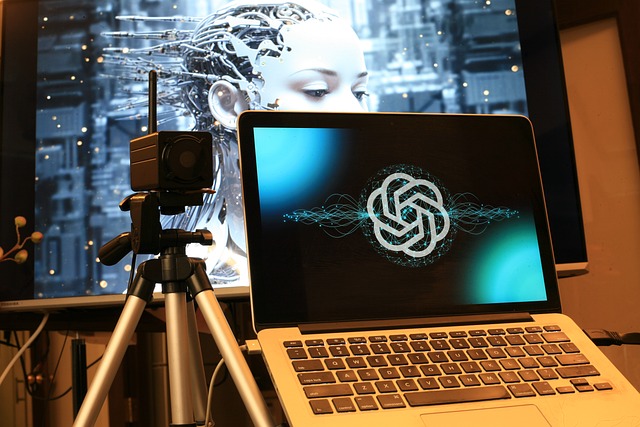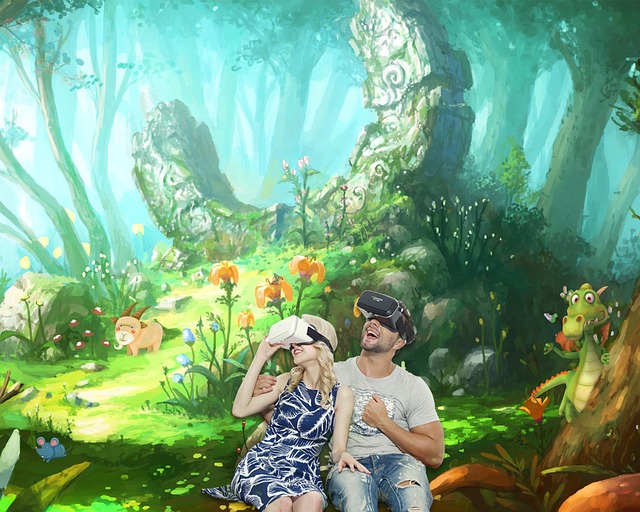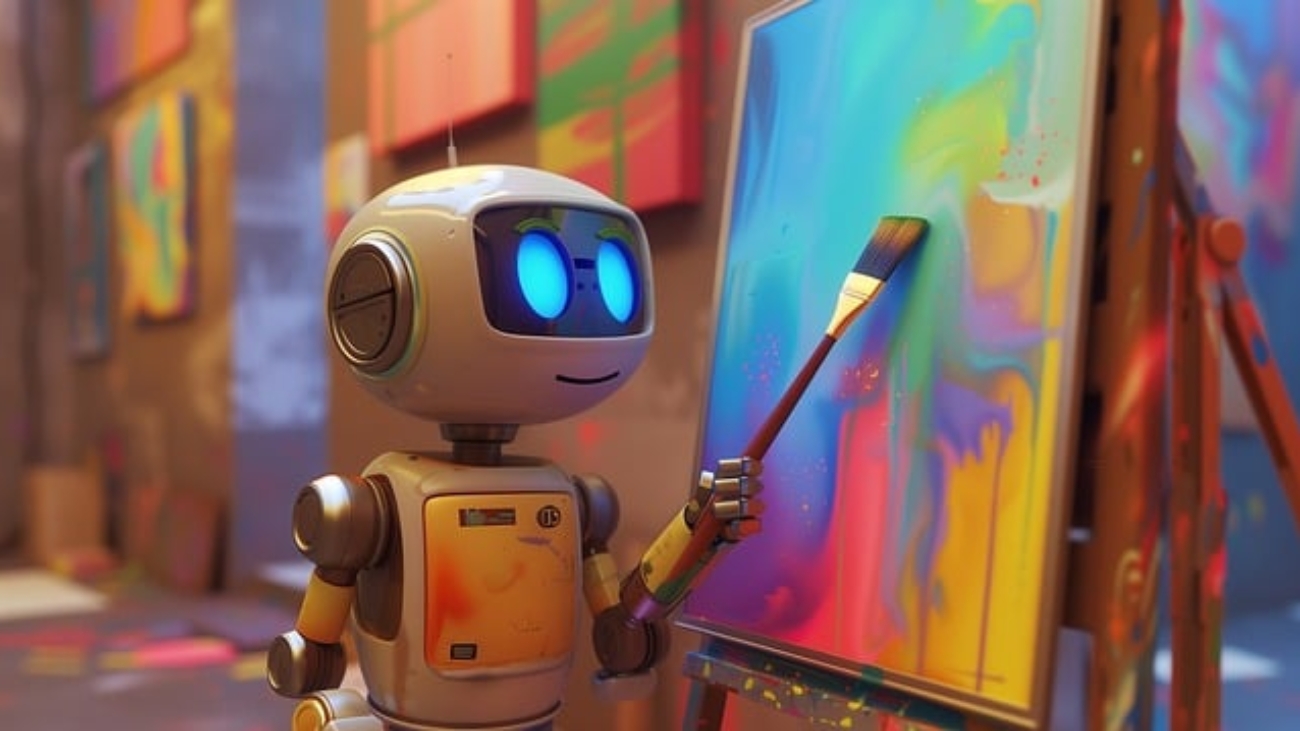In our rapidly evolving world, technology plays a significant role in shaping various aspects of our lives. One notable innovation is Artificial Intelligence (AI), which has the potential to revolutionize industries and transform the way we interact with technology. While AI may initially seem like a complex concept, children can harness its power to their advantage. In this blog post, we explore how children can use AI to enrich their educational experiences, enhance problem-solving skills, and foster creativity.

AI-based Educational Tools:
With the rise of AI, a new generation of educational tools has emerged. AI-powered platforms and applications provide personalized learning experiences tailored to the unique needs of each child. These platforms utilize advanced algorithms to analyze individual learning patterns, deliver customized content, and adapt instructional approaches. From interactive tutoring systems to adaptive learning software, children can leverage AI to receive targeted support, address specific educational gaps, and progress at their own pace.

AI for Creative Exploration:
AI technology offers children a new realm of creative possibilities. AI-powered tools can generate unique art and music, inspiring young minds to explore their own artistic expressions. For instance, AI-based music composition software can help children compose melodies, harmonies, and rhythms, even if they lack traditional music training. Similarly, AI-powered drawing platforms and digital art tools can provide children with endless opportunities to experiment with different artistic styles and techniques.
Enhancing Problem-Solving Abilities:
Critical thinking and problem-solving skills are essential for children’s cognitive development. AI-enabled educational games and puzzles can engage children in challenging and interactive problem-solving scenarios. These games utilize AI algorithms to adapt the difficulty level based on individual performance, ensuring an appropriate level of challenge. By actively engaging in these activities, children can develop cognitive flexibility, analytical thinking, pattern recognition, and logical reasoning skills.


Virtual Assistants and Language Development:
Virtual assistants, such as Siri, Alexa, or Google Home, have become a common presence in many households. These AI-powered devices offer children a unique opportunity to develop their language and communication skills. Children can ask questions, engage in conversations, and receive instant responses from a virtual assistant, helping them expand their vocabulary, improve comprehension, and refine their conversational skills.

AI in Science and Exploration:
AI can also have a significant impact on children’s scientific exploration and discovery. AI algorithms can analyse vast amounts of data, allowing children to access and interpret information that was once inaccessible. Whether it’s exploring space, studying ecosystems, or understanding complex scientific concepts, AI-powered tools can provide children with real-time data, simulations, and visualizations, facilitating a deeper understanding of the world around them.
As AI continues to advance, children can embrace its vast potential and harness its benefits. From personalized learning experiences to fostering creativity and problem-solving abilities, AI can positively impact children’s education and personal growth. By integrating AI-driven tools and technologies into their educational journey, children can expand their horizons, develop vital skills, and prepare for a future.

